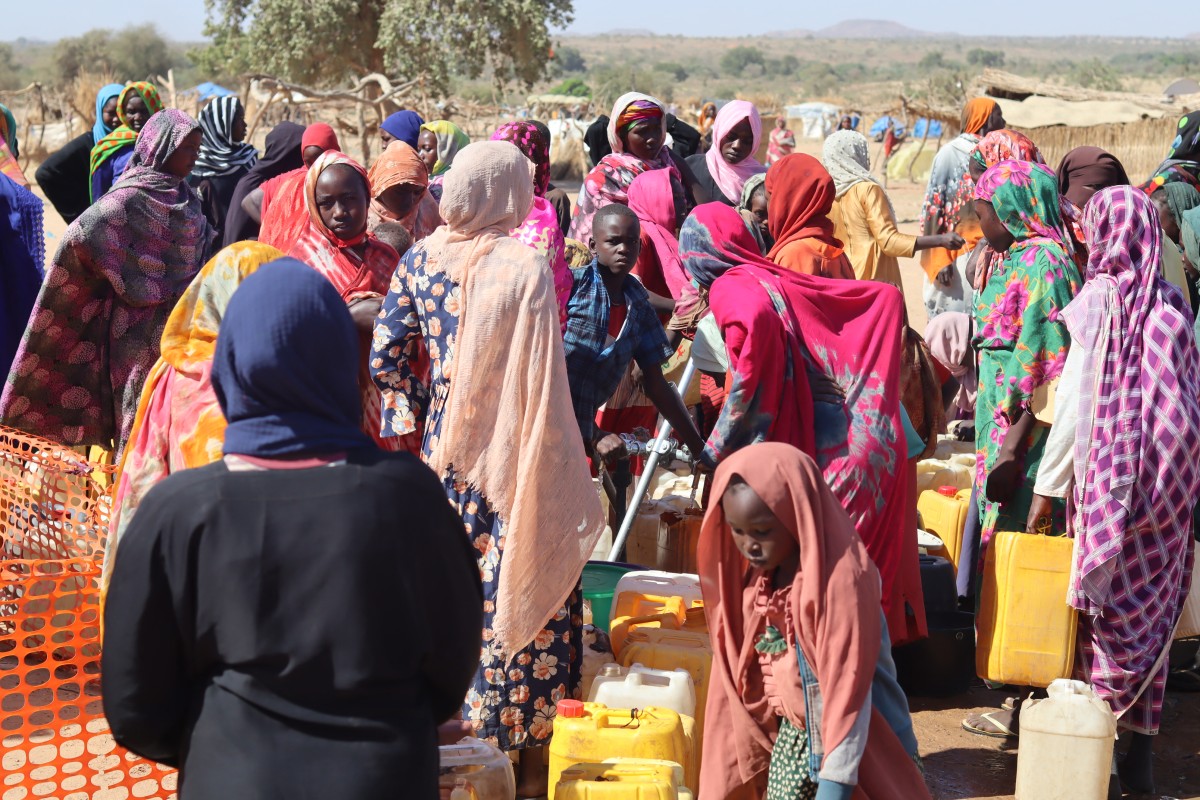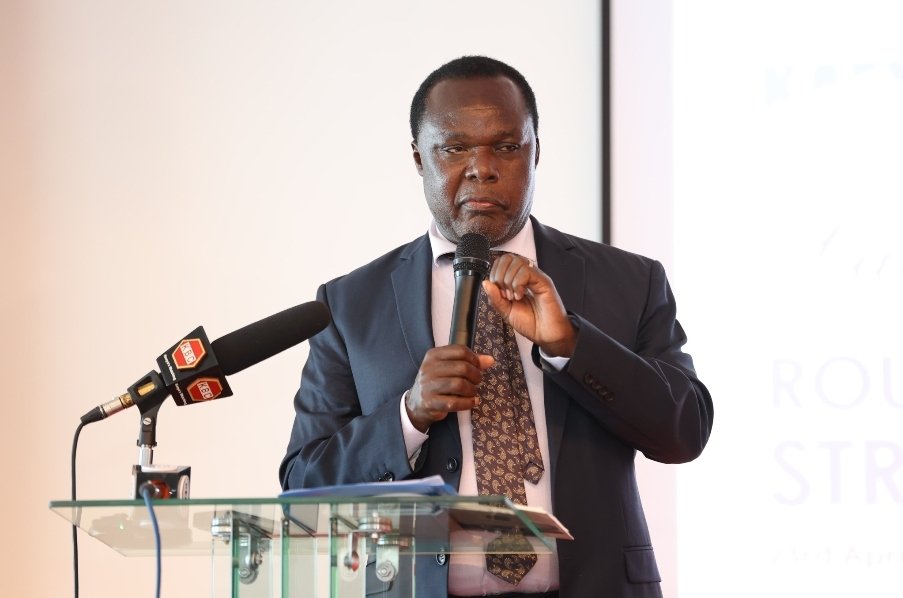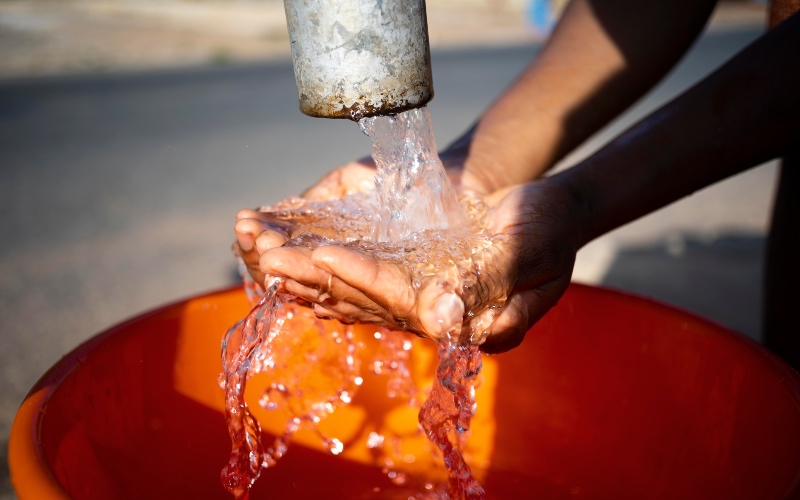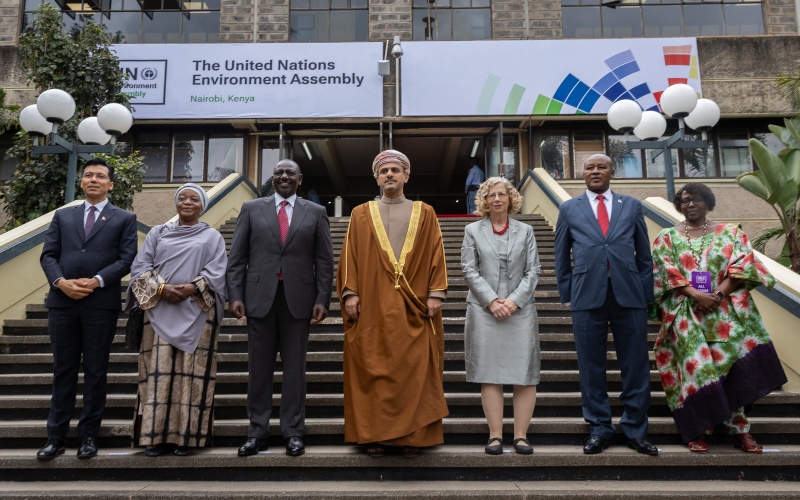Migrants facing violence, deaths on routes across African continent -report

Despite commitments undertaken by the international community to save lives and address vulnerabilities, in accordance with international law, the three organisations warn that current international action is inadequate.
New data by the International Migration Organisation (IMO), the United Nations Refugee Agency (UNHCR) and the Mixed Migration Centre (MMC) shows migrants are facing extreme forms of violence, human rights abuse and death on land and sea routes across the African continent.
The data collected in three years warns of an increase in the number of people attempting perilous land crossings and the protection risks they face, which is contained in a new report titled "On this journey, no-one cares if you live or die (Volume 2)."
More To Read
- M23 rebels capture eastern DR Congo city of Uvira as thousands flee to Burundi
- Trump faces rising backlash over remarks targeting Somali immigrants
- Kenya’s refugee population hits 860,000 as State pushes integration plan
- African Commission hails Côte d’Ivoire’s move to protect displaced populations
- Uganda stops granting refugee status to nationals from Ethiopia, Somalia and Eritrea
- Kenya battles Nigeria, South Africa to keep IMO seat as Africa’s voice in global shipping
According to the report, the refugees and migrants are increasingly traversing areas where insurgent coups, militias and other criminal actors operate and where trafficking, kidnapping for ransom, forced labour and sexual exploitation are rife.
Others are; physical torture, physical violence, arbitrary detention, deaths, enslavement, and organ removal. Robbery, collective repulsions and refoulement all of which, the report says are perpetrated mainly by criminal gangs and armed groups.
The three organisations further note that some smuggling routes are now shifting towards more remote areas to avoid active conflict zones or border controls by state and non-state actors, subjecting people on the move to even greater risks.
The report notes that the deteriorating situation in countries of origin and host countries, such as new conflicts in the Sahel and Sudan, the devastating impact of climate change and disasters on new and protracted emergencies in the East and Horn of Africa, as well as racism and xenophobia towards refugees and migrants, are some of the push factors forcing people out of their homes.
The central Mediterranean migration route continues to be among the deadliest in the world.
IOM Director of the Coordination Office for the Mediterranean Laurence Hart noted that, "a very high number of people still take the risk of embarking on very dangerous journeys. Obviously, there's a lot of people who do not choose to move, but they are pushed because of political conflict, instability."
"Huge gaps in protection and assistance prevail across the Central Mediterranean route, pushing refugees and migrants to move onward on dangerous journeys. Specific support as well as access to justice for survivors of various forms of abuse is rarely available anywhere on the routes. Inadequate funding and restrictions on humanitarian access (including in key locations such as informal detention centres and holding facilities) are also hampering support," the report notes.
The organisations added that like-minded partners and several governments have stepped up life-saving protection services and assistance, identification and referral mechanisms along the routes but humanitarian action is not enough.
On his part, Bram Frouws, the Director of MMC said, "last week we heard that 5,000 people died on the Atlantic route to the Canary Islands in the first five months of this year - that's an increase of 700 per cent compared to the same period last year."
He, however, noted that though the figures are an underestimation and that countless others die on the land routes, up to the Mediterranean coast, possibly even more than at sea.
Despite commitments undertaken by the international community to save lives and address vulnerabilities, in accordance with international law, the three organisations warn that current international action is inadequate.
They call for concrete, routes-based protection responses to save lives and reduce suffering, as well as a push to address the root causes of displacement and drivers of irregular movements– through positive action on peacebuilding, respect for human rights, governance, inequality, climate change and social cohesion, as well as the creation of safe pathways for migrants and refugees.
"These should span countries of origin, asylum, transit and destination," they note.
Other Topics To Read
Top Stories Today












































